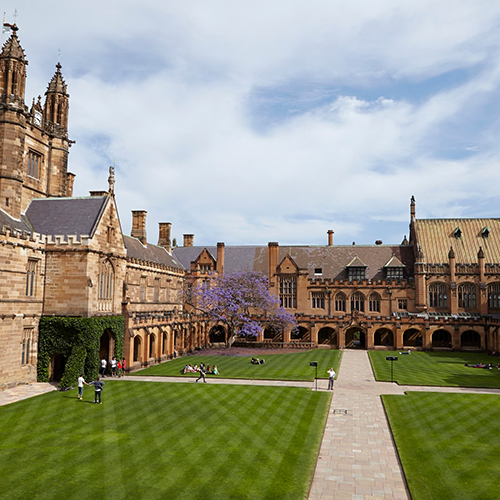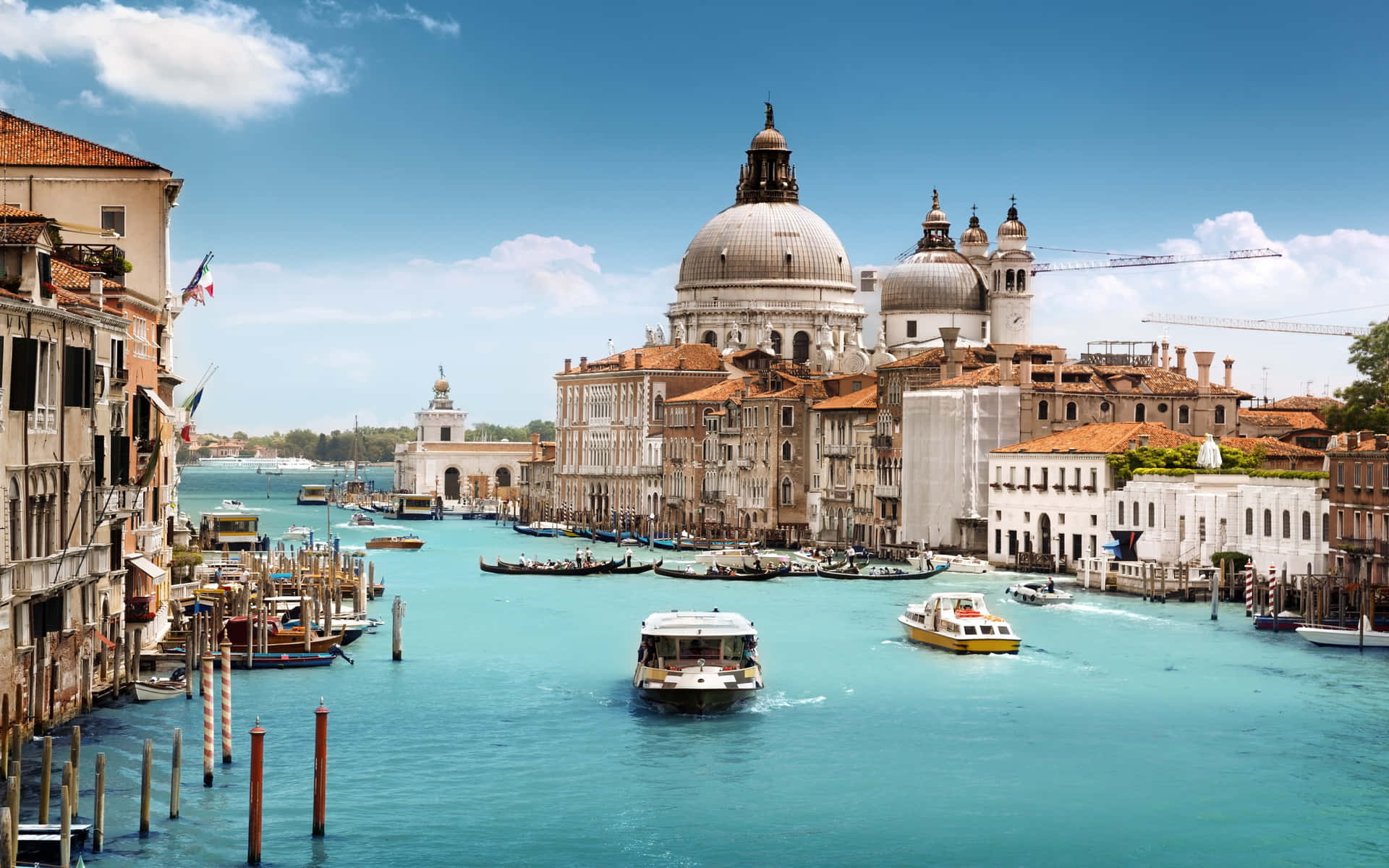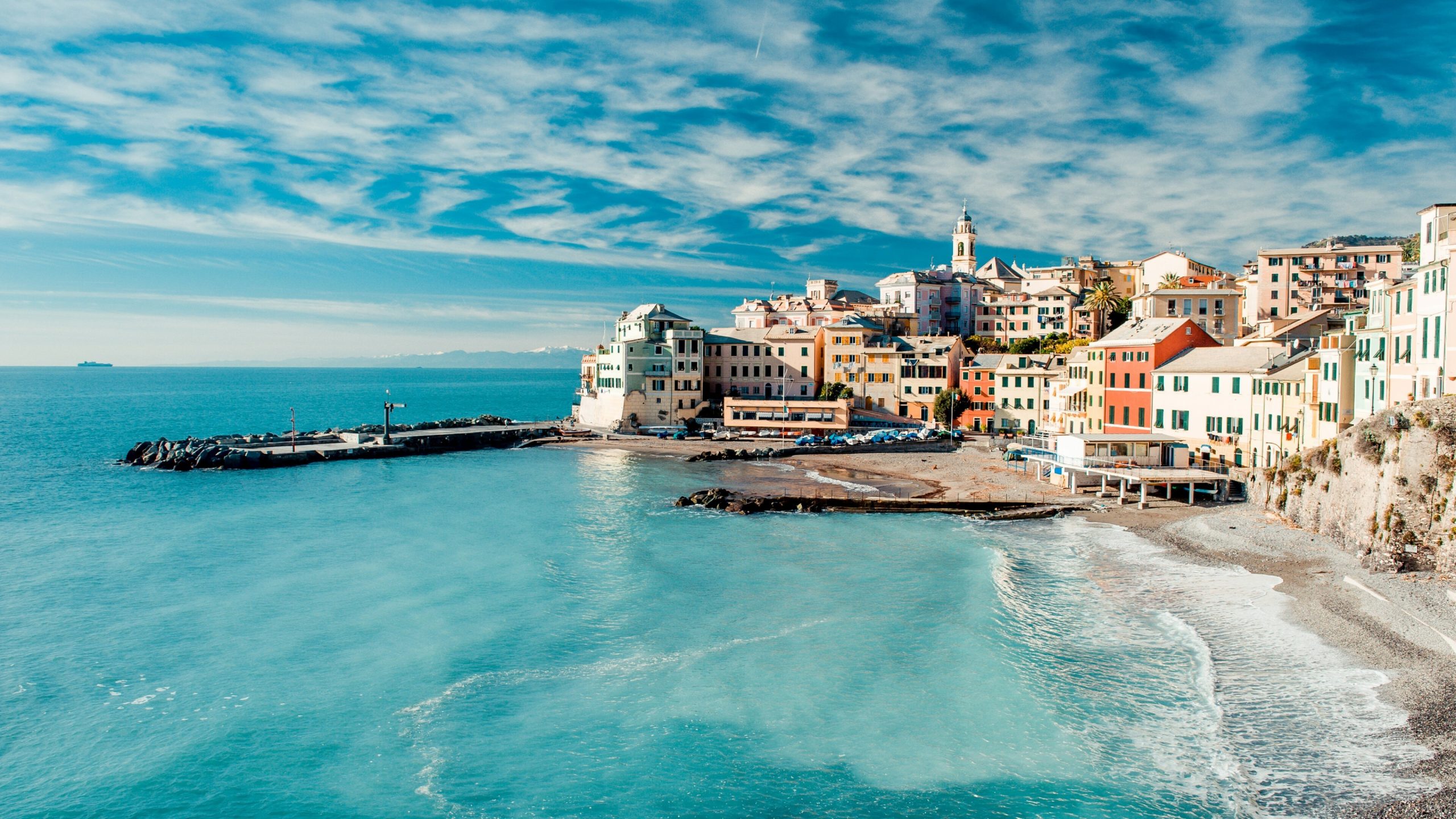

Educational Qualification

You can follow the steps given below to study in Italy
1. Research your Options
2. Select Universities
3. Prepare for entrance exams
4. Finance your studies
5. Apply to university
6.Confirm Admission
7.Get Student Visa

You will generally need the following for your France Student Visa application
Valid Passport
Attested Copies
Academic references
Employee references
Certificates of Extra Cirrcular achievements
SOP (Statement of purpose)
An acceptance of a letter from education institute
Proof od Payment & financial funds
Passport size photographs
Study Permit and Visa
English Proficiency
Your Univierisity will make you aware of additional requirements if any prior to your application

Check the Italy university fees of private/public universities, accommodation, food, and transport costs from the following table.
| Tuition Fees – Public Universities | €900 – €8000/year |
|---|---|
|
Tuition Fees – Private Universities |
€6000 – €30000/year |
|
Accommodation Costs |
€300 – €1200/month |
|
Food and Transportation Costs |
€150 – €600/month |

Fall Semester – A popular intake which starts in the month of September
Winter Semester – Which starts in the month of

Student Applicant
The age group of the student applicants must be over 18 years old.
Internal students are allowed to work in Italy during their studies. Twenty hours of part-time work in the semester times and 40 hours of full-time job in the holidays are permitted.
Spouse
In general, spouses are allowed to work as students already in Italy. Spouses can support him/her financially by working part-time/full-time in Italy.

The Italy government offers options for international students to stay after their course and gain some work experience. International students are allowed to stay for 2-years after graduation. Post-study work visa can be extended another 5 years.

Italy is known for some of the oldest universities in the world. The country offers numerous options for international students and provides a choice between institutions that include state universities, private universities, and technical universities. The institutes follow a five-year education system with 3 years for a bachelor’s degree and 2 years for a master’s degree.
The universities in Italy offer four categories of courses:
Italy like all the other European countries follows the Bologna system.
There are many universities in Italy to pursue your education, the Sapienza University of Rome, and many others. Our consultant helps you in choosing one of the best universities of Italy during application process.

Though international students can enroll for courses taught in English, it is beneficial if they learn the Italian language. This will help them communicate with the local community and get familiar with the local culture.

Non-EU nationals require a student visa to study here. There are two types of student visas in Italy based on the duration of the study program:


Students from non-EU countries can work here during their course if they have a work permit. This requires a job offer from an Italian employer. The processing times for the work permit vary between regions and take an average of two months.
